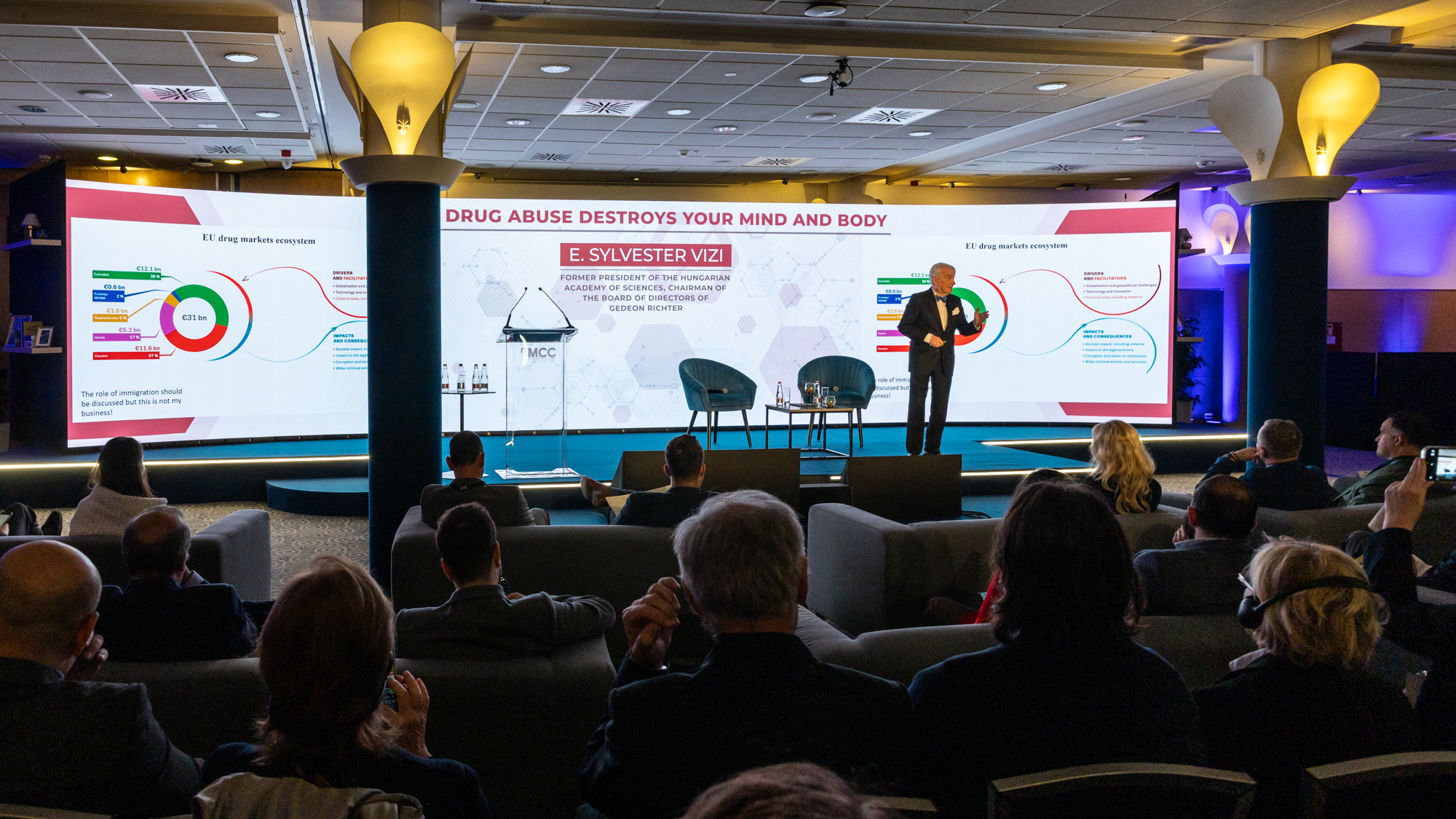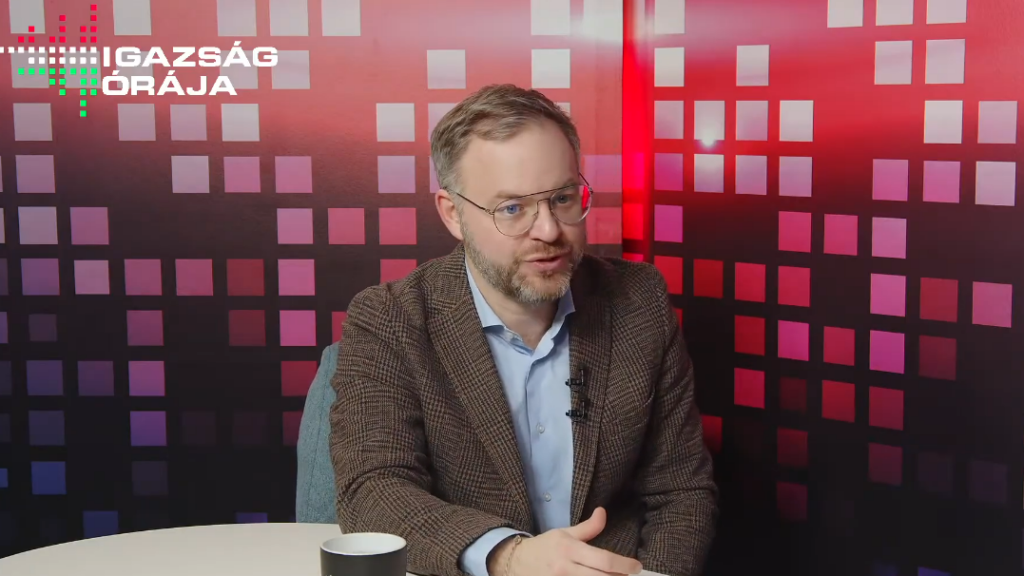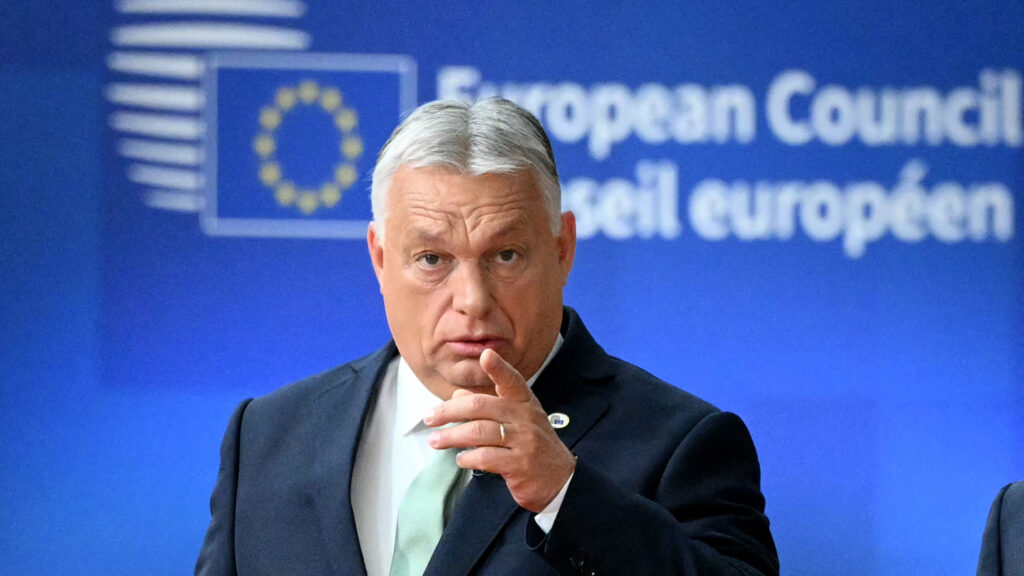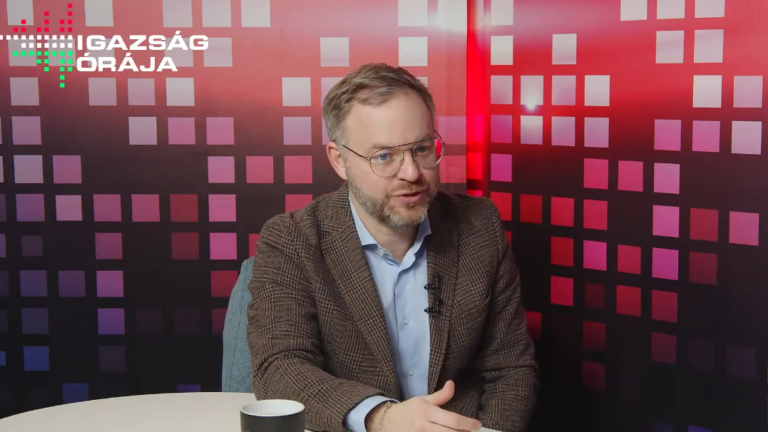A high-level conference was organized by Mathias Corvinus Collegium (MCC) from 18 to 19 November in Budapest, focusing on countering the global drug epidemic and its negative effects on our societies. Under the slogan ‘Protecting our Communities and Building a Safer Future’, the summit brought together world-renowned experts from Europe and across the Atlantic to identify workable solutions to one of the most pressing challenges facing Western society.
In his opening remarks, MCC Director General Zoltán Szalai highlighted that the global drug epidemic represents a grave danger for every young individual; therefore, both children, parents and teachers must be prepared to face it. He noted that the summit would offer perspectives on the war on drugs not only from a Hungarian point of view but also from a broader transatlantic position. ‘It is very important to gain international experience and expertise,’ Szalai stressed, adding that this allows us to explore different methods to address the problem and to learn about best practices in prevention, law enforcement, and international cooperation.
Following the opening, former President of the Hungarian Academy of Sciences Professor Szilveszter E Vizi delivered a keynote speech on how drug abuse destroys the mind and body. He emphasized that drug abuse is a serious and growing problem today, noting that due to the liberalization of societies, many individuals feel an unrestricted right to do whatever they please without considering the interests of society or the potential harm their actions may cause to fellow citizens. Professor Vizi also underlined that policymakers need the support of the scientific community to tackle this issue effectively.
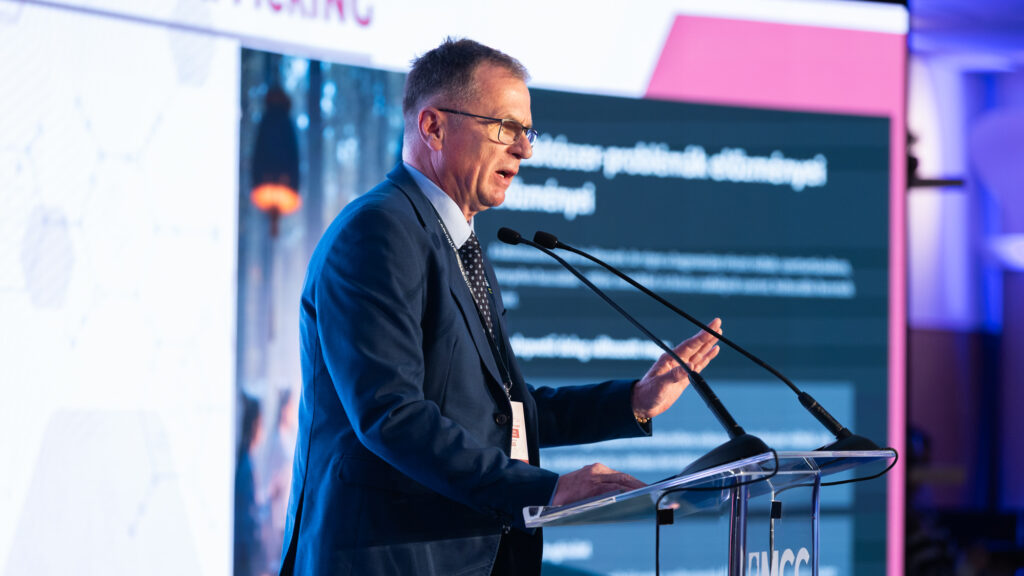
Next, Government Commissioner responsible for combating drug trafficking László Horváth took the stage to present the Hungarian government’s new strategy to address the problem. He warned that Hungary faces a globalized and increasingly aggressive narcotics industry. Speaking at the event, Horváth said the world is living through ‘an age of crises and global realignments’ in which communities must act with unity and courage to defend their physical, mental, and spiritual health. He argued that the drug industry, backed by vast organizational networks and extensive online reach, is tearing apart the social fabric, fuelling crime, and eroding public trust.
Horváth identified two major shifts behind the rise in drug use: urbanization and the erosion of traditional values, coupled with the industrialization of supply. Hungary’s response, he said, is built on strict zero-tolerance, prevention-focused policies, strong protection of young people, and the rejection of drug normalization. He stressed that Hungary remains in a position to avoid liberalization and resist coexistence with organized crime, drawing parallels to the country’s uncompromising stance on illegal migration. Preventive psychiatry, he added, will be essential in safeguarding communities.
In the upcoming part of the summit, participants will explore the scale of drug dependence in the United States and the broader international context of substance abuse. Discussions will examine how governments can use regulation, law enforcement, and economic tools to counter narcotics, as well as how families, schools, and communities can strengthen the protection of young people. Further panels will address global and regional anti-drug strategies, the links between migration and organized crime, and the human, medical, and legal consequences of drug use.
Related articles:

